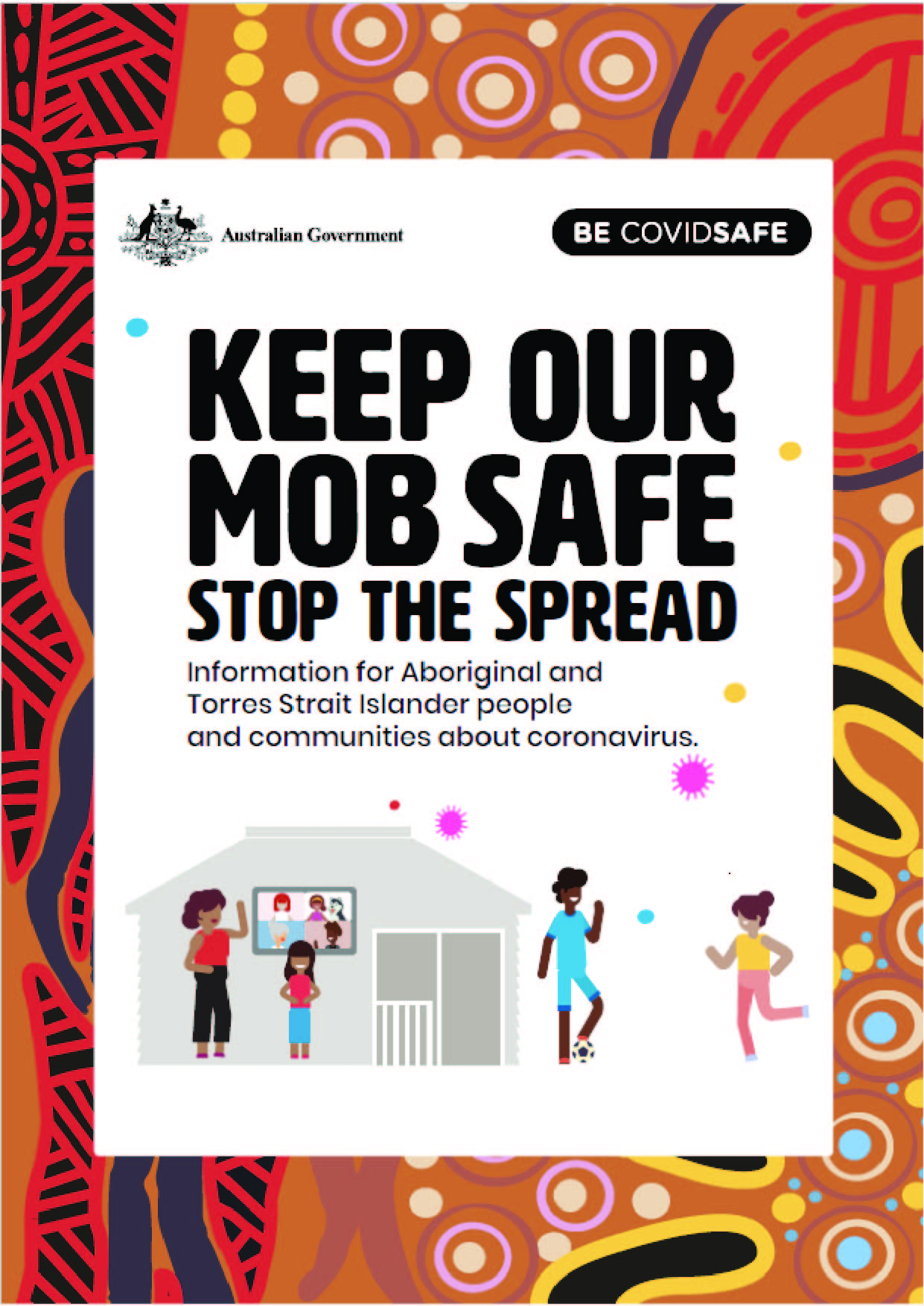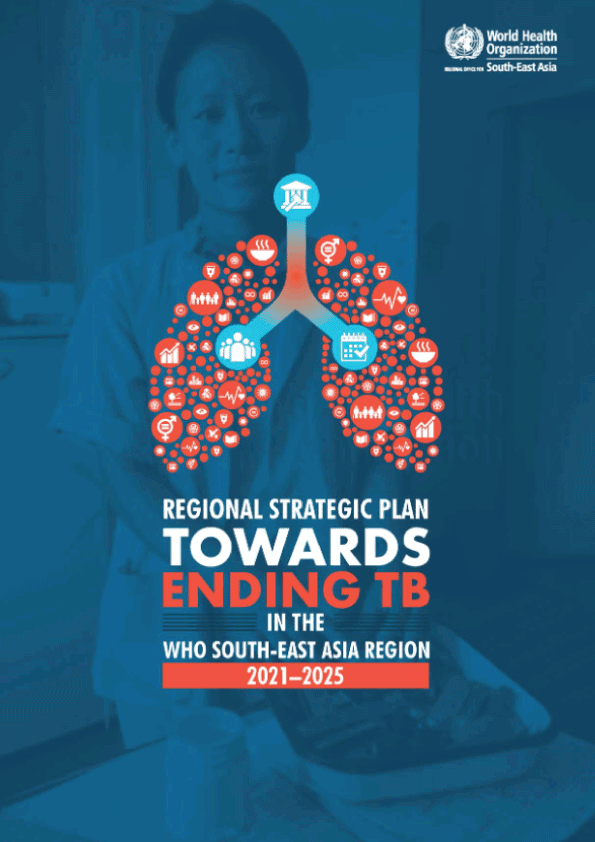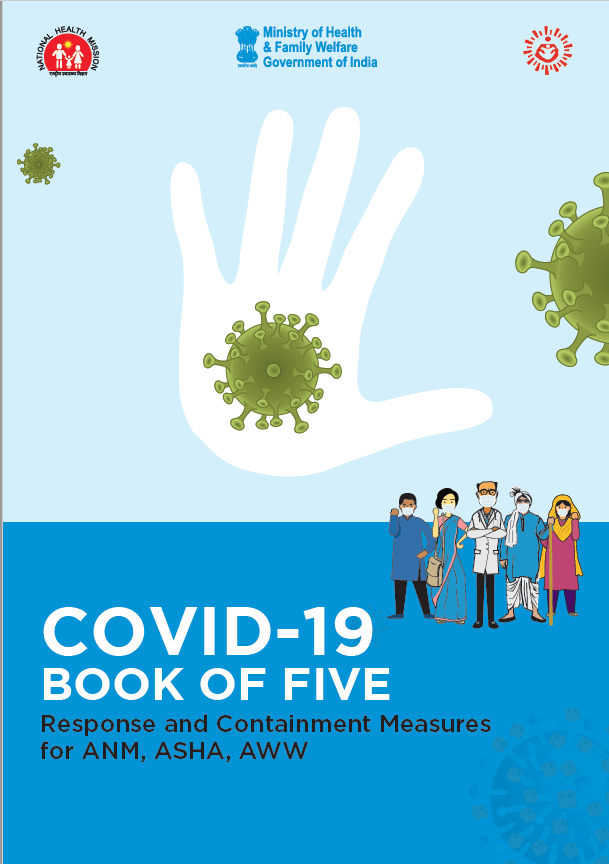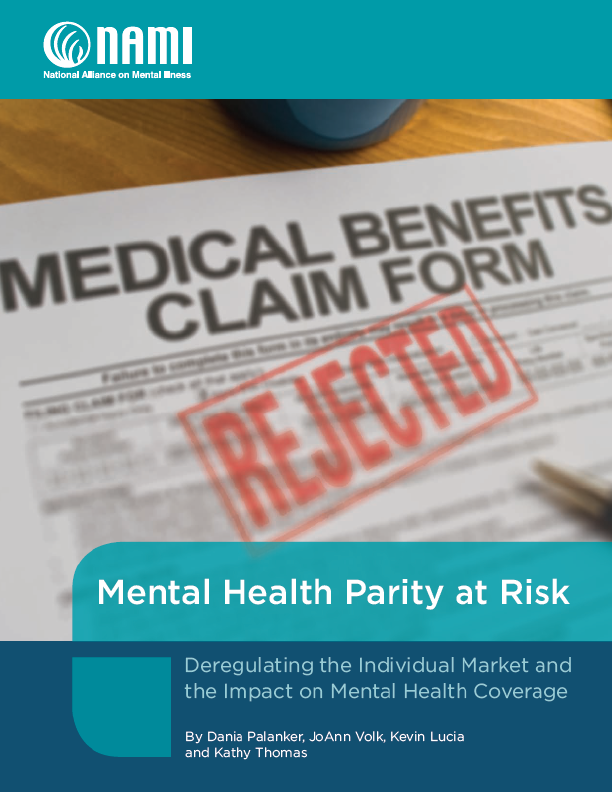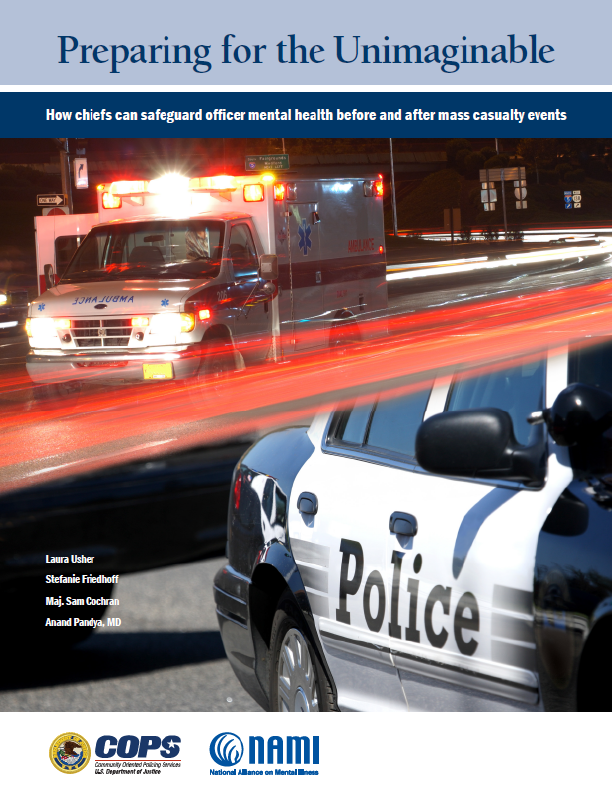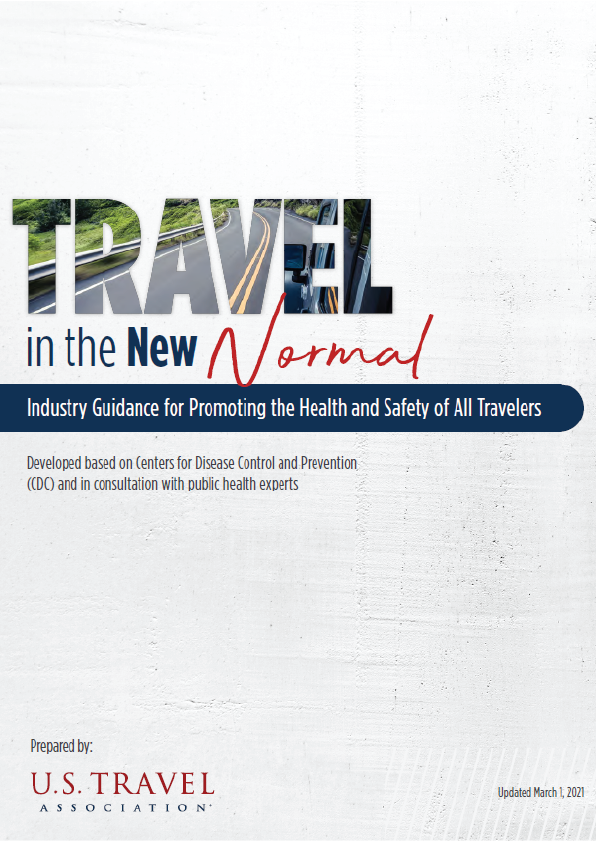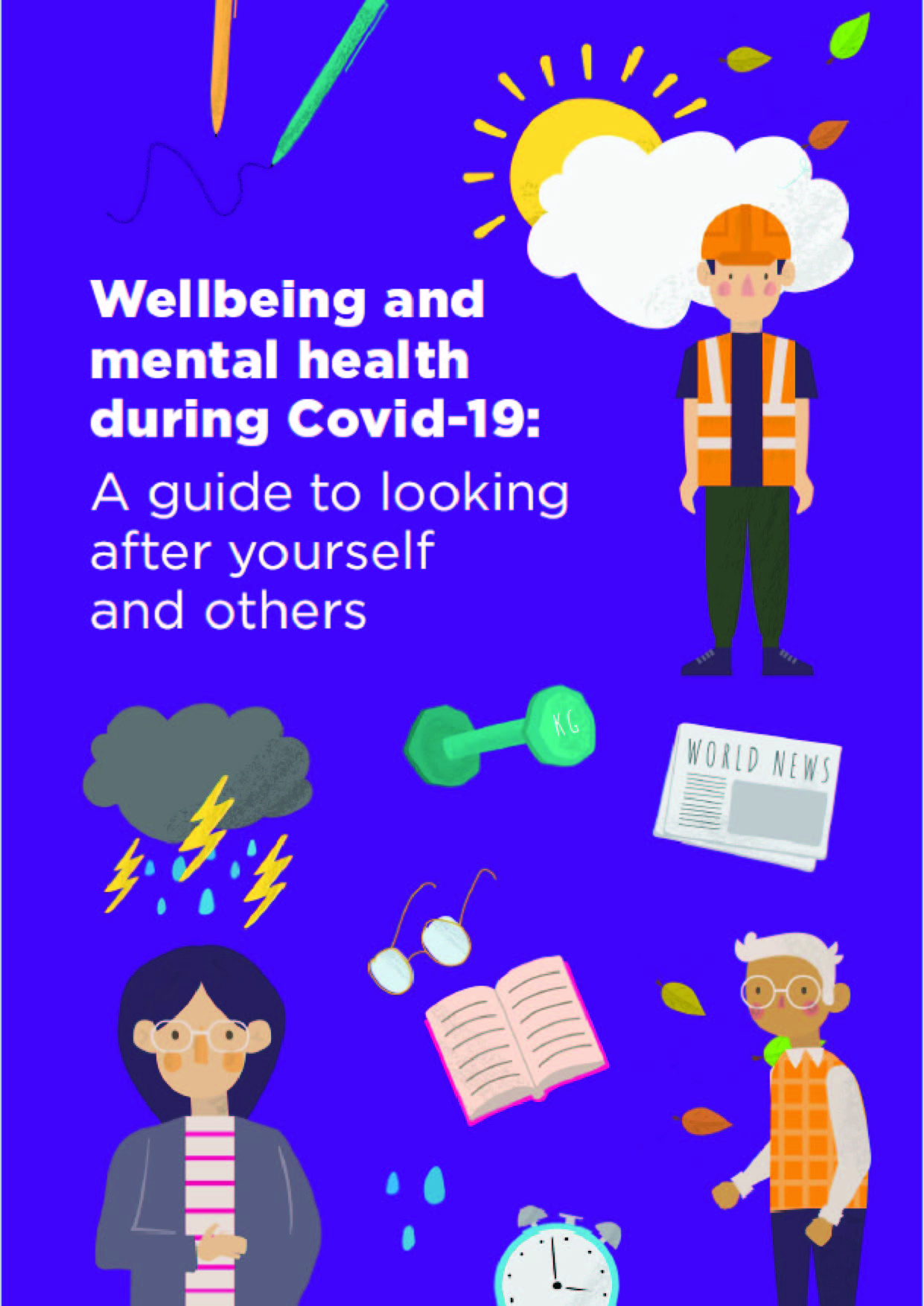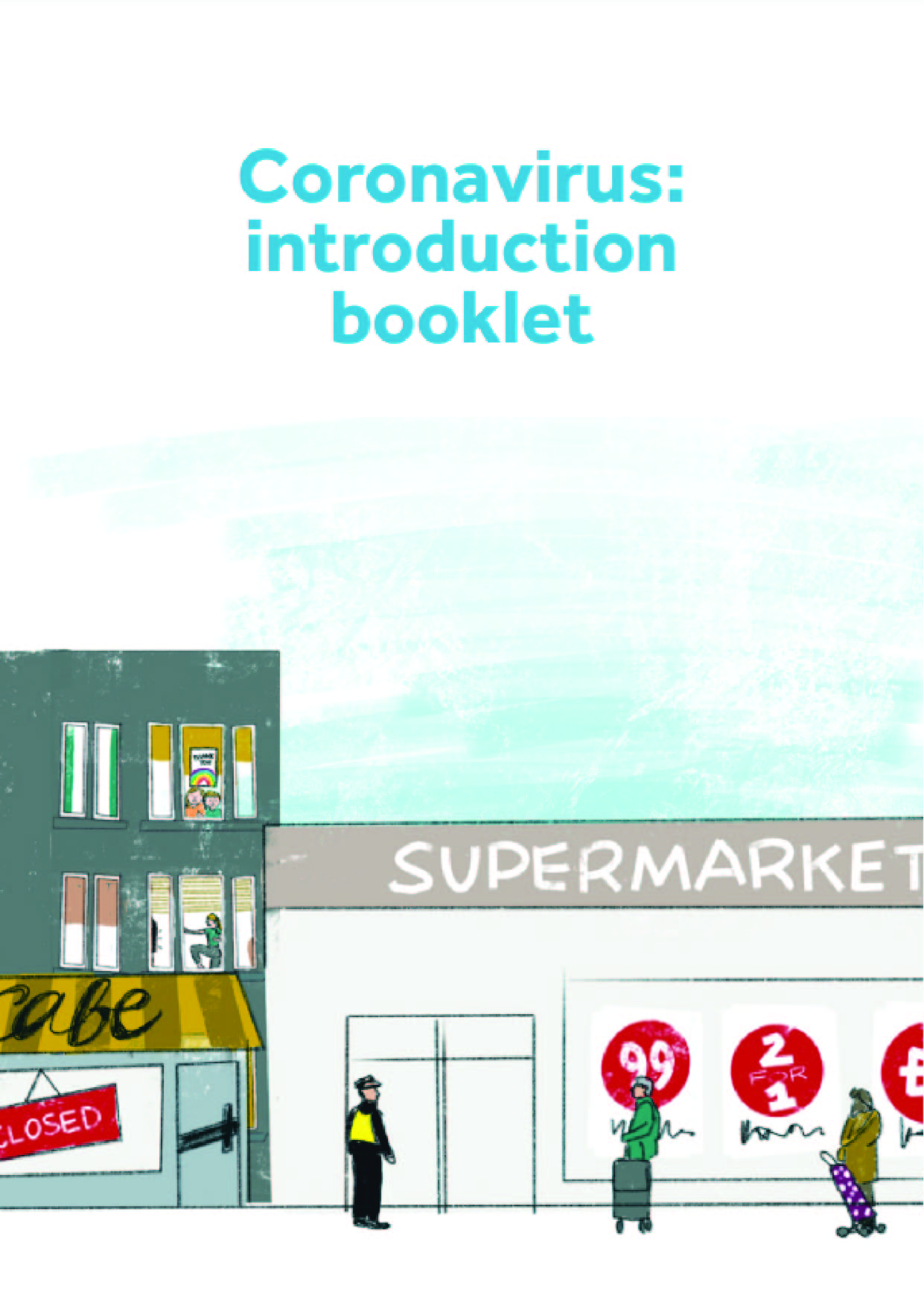What is coronavirus?
Coronavirus (COVID-19) is a very serious sickness that spreads from person to person. When a person who has the virus coughs or sneezes, tiny drops of the virus can spread. These germs can stay on things people touch and can get into the eyes, nose or mouth of people around them, making them sick. Coronavirus can infect anyone in our community.
What are the symptoms?
For some people, the virus will feel a lot like having a bad cold or flu. People who have the virus may have a high fever, a cough, a sore throat, feel tired, and have trouble breathing. Some people will get better without treatment. For other people, the virus can be very dangerous. This is especially so for Elders and people in our community over 50 years old who have existing chronic illness or health problems, like bad heart, lungs, kidneys or diabetes. For some people, the virus can get worse and become a sickness called pneumonia. It causes damage to the lungs and makes it very hard to breathe. This can also stop people’s organs, such as their lungs or heart, working like they should.
How to keep the germs away?
Keep your hands clean. Where possible, wash hands with soap for at least 20 seconds after you cough or sneeze, go to the toilet, and before you make any food.
• Cough or sneeze into the inside of your arm or elbow, not your hands.
• Put your tissues in the bin after you use them and wash your hands after.
• Don’t touch your face with dirty hands – especially your eyes, nose and mouth. This is where the virus can enter your body.
• Clean surfaces often, such as doors, kitchen and bathroom, and use disinfectant where you can to kill any germs.
• Don’t hug or shake hands with people, or share drinks or cigarettes.
Pregnancy- staying safe for mum and baby
If you are pregnant, you can continue to go to your appointments. If you test positive for coronavirus during pregnancy, there is no evidence that your baby will be harmed. Call your health service before you go to your appointments. You don’t want to spread coronavirus to doctors or other patients.
• Newborn babies and infants do not appear to be at increased risk of complications from the virus.
• It is important to keep up good hygiene practices while breastfeeding. Keep your hands clean and avoid touching your baby’s face and don’t put your fingers in baby’s mouth. If possible wear a face mask when feeding or caring for your baby if you have any symptoms of the virus.
Don’t forget to get your flu vaccine
A flu vaccination is more important than ever this flu season. It won’t protect you against coronavirus, but it reduces your risk of catching and spreading the flu and requiring medical help. Getting the flu and coronavirus at the same time can make you very sick. Call your doctor or pharmacist to arrange your vaccination.
Staying at home when you’re unwell
Staying at home when you are unwell will stop the spread of coronavirus and other viruses. Symptoms such as coughing, sneezing and fatigue are all signs that your body is fighting an illness. If you are sick with symptoms of cold or flu, even just a little, stay home and away from other people, and contact your doctor or health worker by phone to get tested for COVID-19.
Keeping our distance
We can protect ourselves, Elders and community during the coronavirus outbreak by ‘social distancing’ or ‘physical distancing’. This means keeping a safe distance of 1.5 metres, or two big steps, between us and other people. This includes when you have visitors in your home and when you are visiting others.
